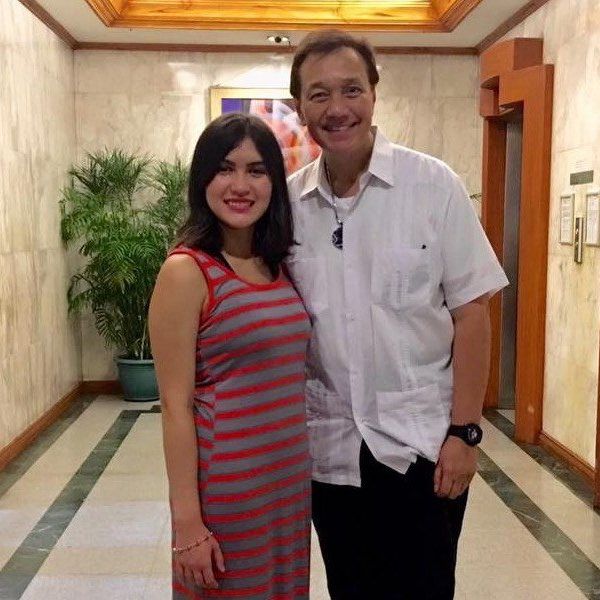On January 14, 2019, Gillette displayed a commercial promoting not only the Me Too movement but also healthy relationships and masculinity. It portrayed how men can be the crucial leaders we need, having a role that others can't carry out in the same way. Like actor Terry Crews says in the video, "Men need to hold other men accountable."
Needless to say, I'm thrilled.
This commercial does a lot of things right: it shows the importance of having men at the table during conversations of violence, harassment, and bullying; it shows that these productive behaviors are masculine, and it shows examples of how men can be active bystanders who engage in helpful and healthy conversations. It's showing the power men have in being able to make big changes and do the right thing, as many men do.
In addition, this commercial shows how males can be bullied and hurt too. Not all males are perpetrators, and not all perpetrators are male. This is an important narrative that's not portrayed in the media as often as it should be and is a fact that feminists believe in too.
From a public relations standpoint, as discussed in one of my PR classes, Gillette got its name out there, and it didn't target specific individuals on either side of the Me Too issue. In addition, the commercial did a great job of representing men of all races and ages. While young boys may not be the ones buying razors, it is important for them to see how to be an active bystander and be empathetic, as these lessons are crucial from an early age. "Because the boys of today are the men of tomorrow," the commercial says, emphasizing this point.
In addition, moms who may be buying razors for their children may approve of the commercial and therefore buy the Gillette brand for their child. Further, I appreciate how the razor wasn't the main part of the ad, because that's not the point and would've made the brand seem insincere. Social responsibility is an important part of PR, which Gillette did well here.
What really works out great too is the fact this message fits so well with their slogan "The best a man can get" because acting in the helpful ways the men did in this commercial, especially towards the end, portray the best ways men can be. Men are also more than their appearance, which I'm glad Gillette acknowledged at their beginning of the commercial in reference to an old commercial that focused on a shaven man being the best man.
"We believe in the best in men," the commercial says, showing its support for men rather than coming at them aggressively or calling out the wrongs of certain men. Gillette is saying it knows men are great people who have the power to do great things, and wants to encourage them to do so, showing real-life examples along the way. It's saying "Some men have done bad things, but we believe that men are and can be so much better than that."
When men say "not all men," I get it. I do. But I also believe men can do better -- we all can. We make a difference not by not doing bad, but by actively doing good and using our resources to do so.
At the end of the commercial, a slide pops up with the text "It's only by challenging ourselves to do more that we can get closer to our best." I believe this is a call to not only men but to all people to aim for being the best they can be. Saying we should do more isn't underappreciating the good we have done, but acknowledging that there's always more we can and are called to do. This goes for everything.
We can stand up for people who are being bullied. We can not laugh at harassment jokes regardless of the gender of the people involved. We can encourage and empower the children around us. We can have empathy in a world that can be filled with hurt.
Gillette, the best a man can get? Yes, but also the best we can all be.



















